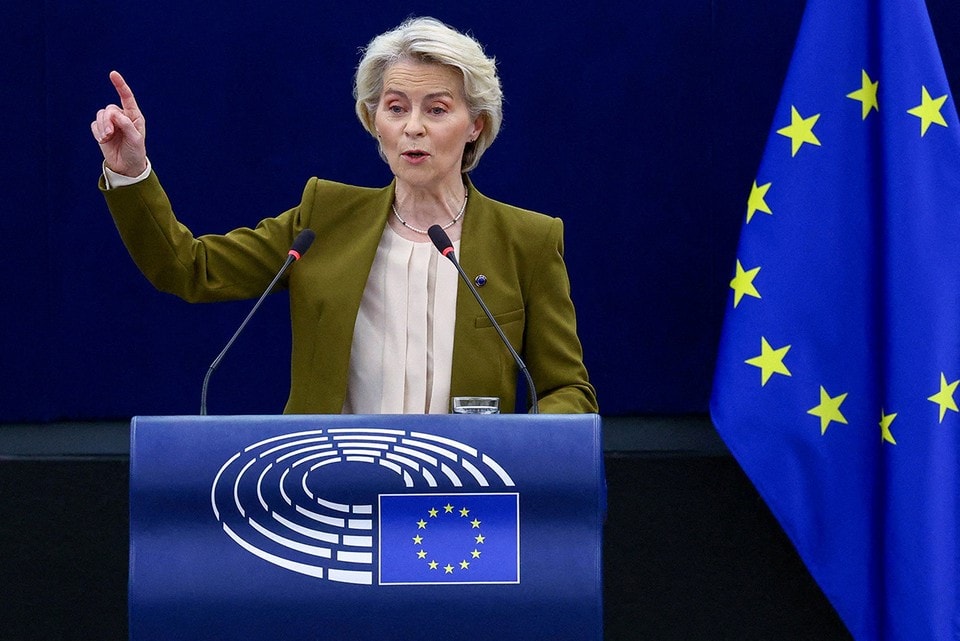EU sanctions package on Russian LNG has almost 'zero' impact?
The EU has just approved the 19th package of sanctions against Russia. The new measures include a ban on imports of liquefied natural gas (LNG) from Russia, restrictions on transactions through the “Mir” payment system, and the inclusion of 118 oil and gas tankers in the list of Russia’s “shadow fleet”.

According to Komsomolskaya Pravda (Youth Truth) on September 21, the European Union's (EU) approval of a liquefied natural gas (LNG) sanctions package against Russia has had almost "zero" impact on the Russian economy.
The most important part of this sanctions package is the ban on imports of Russian LNG, but the ban will only take effect from January 1, 2027. For many months now, the EU has been working on a roadmap to completely abandon Russian energy sources - from gas, oil to nuclear fuel. But this plan has met with fierce opposition from Hungary and Slovakia, because these two countries still rely heavily on Russian gas, pipeline oil and nuclear fuel.
In that context, Brussels can only promote the easiest option: Banning LNG imports. The simple reason is that Hungary and Slovakia do not buy LNG directly from Russia, and at the same time, the EU is applying strong pressure on these two countries, including limiting payments from European funds.
Pressure from the US also played a role, as Washington forced Europe to increase its energy imports from the US and pledged that by 2027 more LNG plants would be operational to avoid shortages. Thanks to this, the European Commission succeeded in imposing the ban.
According to leading energy expert Yushkov, this measure will not harm the Russian economy. Currently, Russia exports LNG to Europe from only one project on the Yamal Peninsula. This project is controlled by the private company Novatek, with no state capital. Moreover, the project enjoys a zero resource tax rate and does not have to pay LNG export tax.
In other words, the Russian budget currently does not directly benefit from these exports. Therefore, the EU's suspension of LNG purchases will not create significant political pressure on Moscow.
Even if Russia loses the European market, it will not be in great trouble. Novatek and its partners can redirect exports to Asia – especially India and China. The annual export volume may decrease slightly, but the Yamal LNG project itself is still operating above its design capacity.
Instead of 17.4 million tons of LNG per year as planned, the actual output reached 20-21 million tons. The main problem lies in the number of specialized icebreakers to transport gas to the market.
